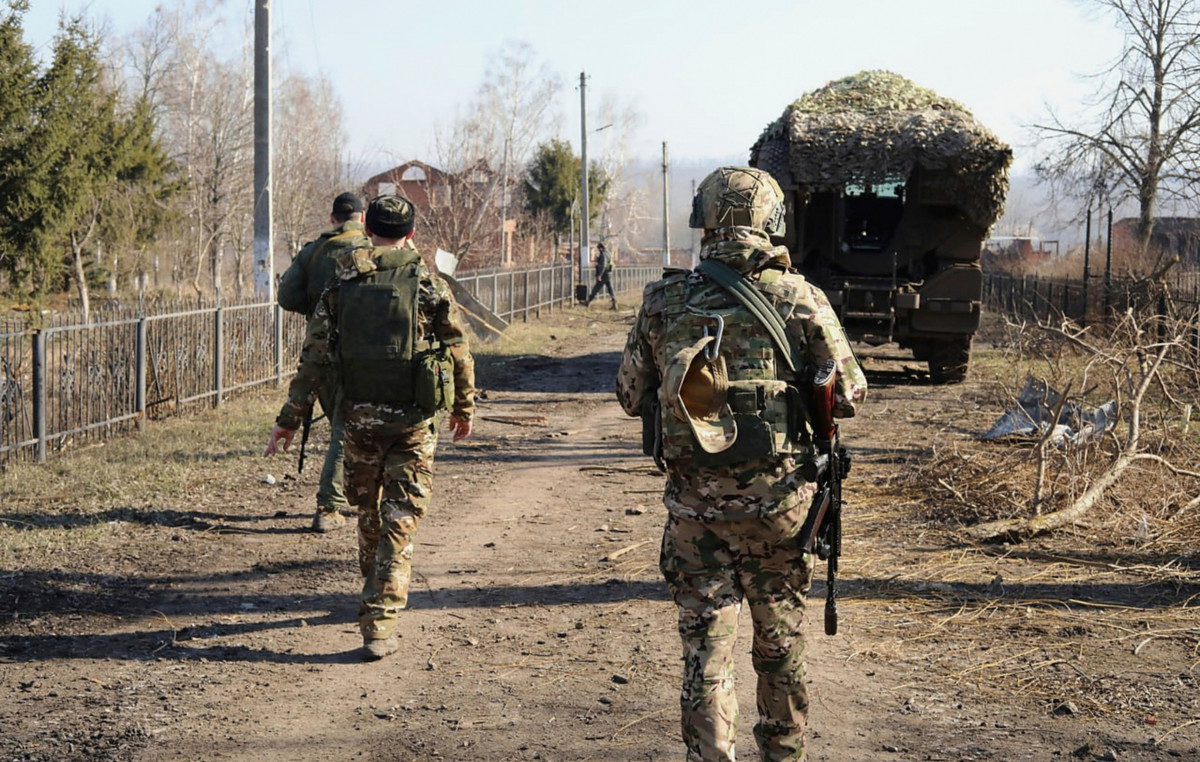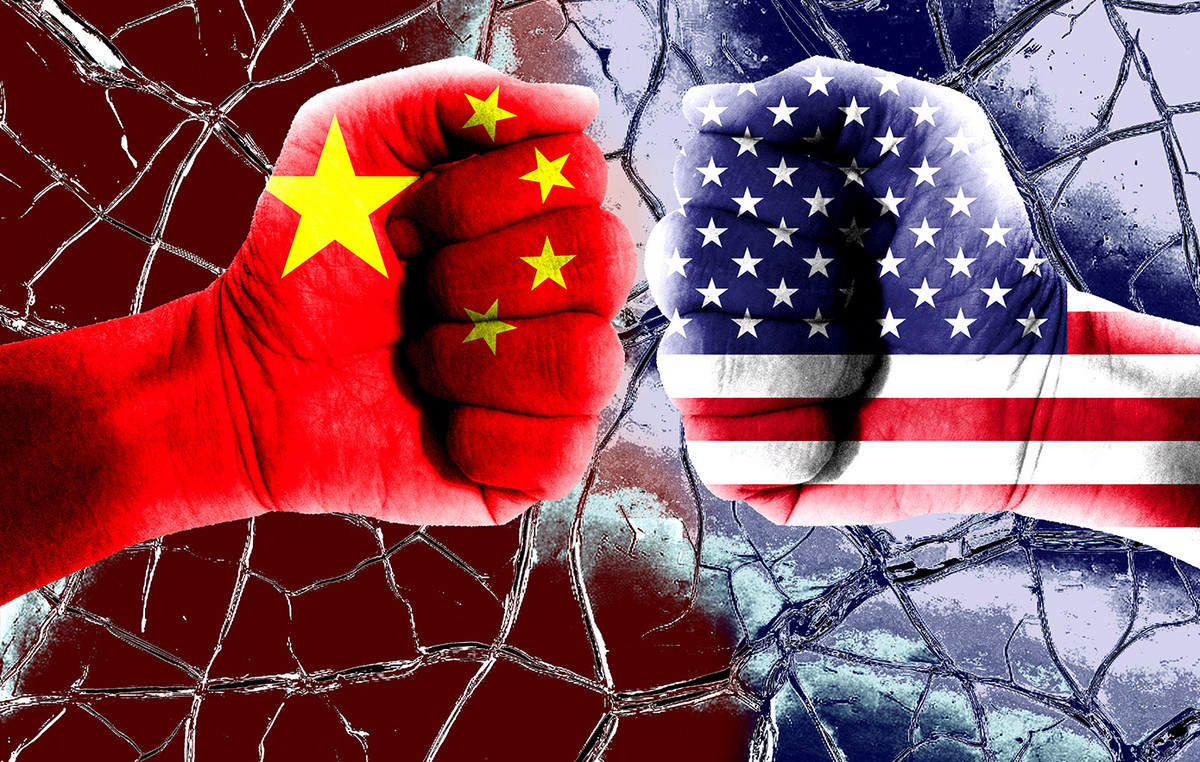This Tuesday (24) the bill that establishes a ceiling of 17% for ICMS on fuel, electricity, telecommunications and transport can be voted on. The vote was promised by the president of the Chamber of Deputies, Arthur Lira (PP-AL), who said he considered the goods and services mentioned as essential for Brazilians.
The impacts of this measure, which guarantees the reduction of ICMS (Tax on the Circulation of Goods and Services) to 17% in all units of the federation, can occur on two fronts: in prices and in collection.
prices
According to experts, the measure may have the desired impact of reducing consumer prices, but it should not be sustainable in the medium and long term.
According to André Braz, from FGV, and economists at investment broker Nova Futura, ICMS at 17% could reduce inflation by 1 percentage point.
The calculation was based on the weights of each state in the IPCA (Broad Consumer Price Index), an index that measures the country’s official inflation, multiplied by the reduction in ICMS.
In the last month of April, the IPCA registered an increase of 1.06% – the highest value for the period since 1996. The IBGE report points out that the increase was mainly driven by food and transport. In the case of the latter, fuels increased the value, especially gasoline.
In the last 12 months, the official inflation indicator in the country reached 12.13%, well above the target stipulated by the government of 3.50%.
The author of the project, federal deputy Danilo Forte (União Brasil-CE), said in an interview to CNN this weekend that, if Congress approves the text by June of this year, the price of fuel to consumers would reduce around 9% to 12%”.
“I am not creating a new rate, a new tax, I am even using the jurisprudence given by the STF, in a special appeal judged by Minister Marco Aurélio, in which he says that energy and fuel are essential products”, said the deputy.
“All Brazilian states have surpluses, they all had growth in revenue last year. In the fuel sector alone, revenue growth was somewhere around R$45 billion,” he added.
Collection
After Arthur Lira declared his intention to guide the project, the states declared that approval would result in an estimated loss of R$100 billion.
The economics analyst CNN Priscila Yazbek analyzed data on ICMS collection by states in the first quarter of this year, based on information provided by Confaz.
In the national average, the collection with the tax on oil, fuels and electric energy – which are the categories guided to have a reduction in the project -, corresponds to 29.9%, with 19% belonging to the first category and 10.9% to the second. .
A survey by economist Vilma Pinto, director of the Independent Fiscal Institution of the Senate (IFI), obtained by CNN analyst Priscila Yazbek, also shows that the state and municipal funds reached BRL 440 billion in February 2022. This is the highest value since 2014, when the survey began to be consolidated.
The survey considers the cash of the 26 Brazilian states, the Federal District and the 656 municipalities.
When considering the net cash of states and municipalities — cash value less financial obligations —, the balance in 2019 was negative by R$37.5 billion, but changed to a positive balance of R$2.8 billion in 2020, rising to BRL 77 billion in 2021 .
Despite the record amounts of cash, Vilma draws attention to the effects that bring this collection higher than in recent years. According to her, the causes are driven by conjunctural factors, such as rising inflation, high oil and the freezing of civil servants’ salaries in 2020 and 2021, in the face of the pandemic.
“Prices have risen and raised the base on which taxes are levied. If we believe that these are temporary events, then this effect on cash will disappear at some point,” said the economist.
“It is not possible to think of this increase in revenue as something entirely structural and for the purposes of policies that imply permanent expenditures”, he added.
In the view of experts, a comprehensive Tax Reform would be more effective to reduce the prices of fuel and other products that put pressure on inflation, but the election year ends up opening doors for immediate solutions.
Source: CNN Brasil
I am Sophia william, author of World Stock Market. I have a degree in journalism from the University of Missouri and I have worked as a reporter for several news websites. I have a passion for writing and informing people about the latest news and events happening in the world. I strive to be accurate and unbiased in my reporting, and I hope to provide readers with valuable information that they can use to make informed decisions.







